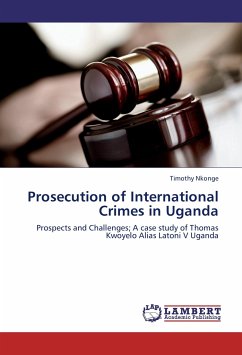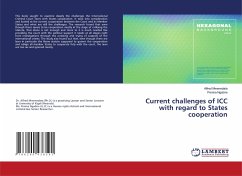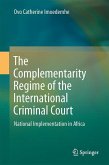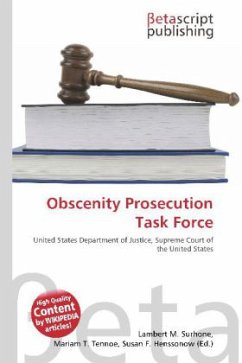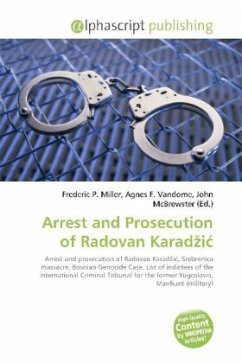With a soaring number of victims of the most heinous crimes that shock humanity in the world, the issue of accountability of the perpetrators becomes an indispensable path in the transitional justice process. This book unravels the steps taken in the prosecution of international crimes in Uganda, testing the systems available, the prospects and challenges faced, with a case study of Thomas Kwoyelo Alias Latoni v Uganda, one of the major cases that have reached the courts. The author argues that whereas the Ugandan amnesty law was a result of the outcry of the people affected by the conflict and Government s enactment of the law was in response to the cry and will of the people, an amnesty that blindly sends home perpetrators of egregious crimes rather than accounting for their acts, is a total disregard of victim s rights and breach of the international obligation to prosecute or extradite. Therefore, there is need for a comprehensive mechanism beyond the amnesty Act to tackle the conflict and its aftermath. The pendulum swings most in the direction of the victim and the issue of accountability on the side of the perpetrators cannot be removed from the scale, including prosecution.

